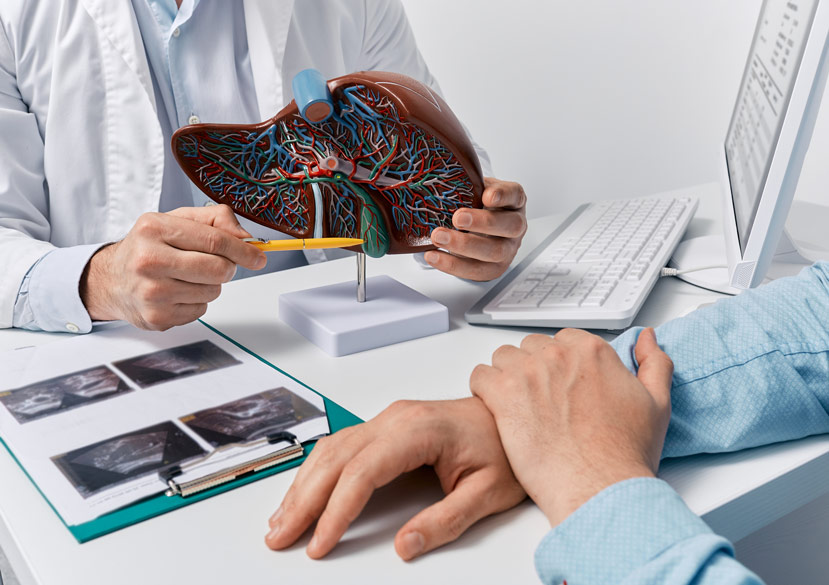Advertisment
FDA approval of Hepzato Kit for the treatment of adult patients with unresectable hepatic-dominant metastatic uveal melanoma – Delcath Systems

Delcath Systems, Inc., an interventional oncology company focused on the treatment of primary and metastatic cancers of the liver, announced that the FDA approved Hepzato Kit (melphalan/Hepatic Delivery System) as a liver-directed treatment for adult patients with metastatic uveal melanoma (mUM) with unresectable hepatic metastases affecting less than 50% of the liver and no extrahepatic disease, or extrahepatic disease limited to the bone, lymph nodes, subcutaneous tissues, or lung that is amenable to resection or radiation.
mUM is a rare and aggressive form of metastatic cancer with a US incidence of approximately 1,000 cases per year. Ninety percent of mUM involves the liver, and liver failure is often the cause of death. National Comprehensive Cancer Network (NCCN) guidelines recommend liver-directed therapies for mUM patients with liver metastases. Hepzato Kit is the only liver-directed therapy approved by the FDA for the treatment of mUM and percutaneous hepatic perfusion (PHP), the procedure enabled by Hepzato Kit, is already included in the NCCN guidelines.
The Company plans to have commercial product available in the fourth quarter, and patients will continue to be enrolled and treated at Expanded Access Program (EAP) sites.
The approval of Hepzato Kit was based primarily on the results of the FOCUS Study (NCT02678572), a Phase III, single arm, multicenter, open label study, which administered Hepzato (melphalan) via the hepatic delivery system (HDS) during a PHP procedure. Ninety-one (91) patients received treatment every 6 to 8 weeks, for up to 6 treatments. The main efficacy endpoints were objective response rate (ORR) and duration of response (DoR) as assessed by an independent review committee using RECIST v1.1, ORR was 36.3% (95% CI: 26.4, 47.0) and median DoR was 14 months (95% CI: 8.3, 17.7). The Disease Control Rate (DCR) observed in treated patients was 73.6% (95% CI: 63.3, 82.3) with 7 complete responses (7.7%), and 26 (28.6%) partial responses. The patient population enrolled in the FOCUS Study included patients with hepatic and extra-hepatic lesions subject to a treatment plan, as well as both treatment naïve (56.0%) and previously treated (44.0%) patients, irrespective of HLA genotype..





